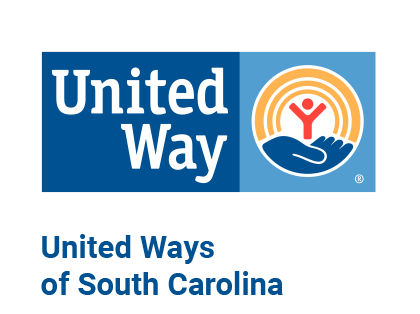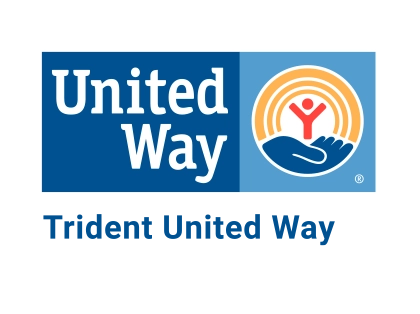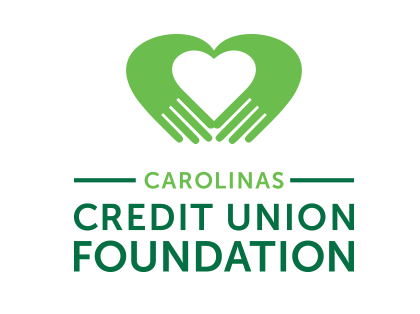Research Center • South Carolina
We all know people who are ALICE: Asset Limited, Income Constrained, Employed — earning more than the Federal Poverty Level, but not enough to afford the basics where they live.
ALICE households and households in poverty are forced to make tough choices, such as deciding between quality child care or paying the rent — choices that have long-term consequences not only for their families, but for all.
See the sponsors who make this work possible.
South Carolina
Household Budgets 2022
Traditional economic measures underestimate the actual cost of basics. To better capture the reality of household costs in each South Carolina county, United For ALICE provides budgets that are tailored by location and household type.
These budgets include housing, child care, food, transportation, health care, and technology, plus taxes and a 10% miscellaneous category.
Learn More
See how the cost of basics has changed over time with the ALICE Essentials Index
The ALICE Household Survival Budget
The Household Survival Budget reflects the minimum cost to live and work in the current economy. This budget is the basis for determining whether households are above or below the ALICE Threshold by county.
Click on a budget item below to see the sources and description of the cost.
Housing
Rent: Fair Market Rent (40th percentile) for an efficiency, one-bedroom, or two-bedroom apartment (based on family size), adjusted in metro areas using the American Community Survey (ACS) – minus utilities.
Utilities: As captured by the Community Expenditure Survey (CEX)
Update: Cost of rent and utilities now shown separately.
Sources: Rent – U.S. Department of Housing and Urban Development; ACS metro housing costs. Utility costs – CEX
Child Care
Cost for registered Family Child Care Homes for infants (0–2 years), preschool-age (3–4), and school-age children (5–12).
Source: State agency responsible for child care cost reporting
Food
USDA Thrifty Food Plan by age with county variation from Feeding America
Update: Change in legislation requires the USDA Thrifty Food Plans to reflect the cost for resource-constrained households to purchase a healthy, practical diet, starting in 2021, increasing costs from prior years
Sources: U.S. Department of Agriculture (USDA); Feeding America
Transportation
Operating costs for a car (based on average daily miles by age, cost per mile, license, fees, and insurance), or public transportation where viable
Sources: Federal Highway Administration, AAA, The Zebra (car costs); CEX (for public transportation)
Technology
Basic home internet and an unlimited smartphone plan for each adult in the household
Update: To reflect the finding that the majority of Americans now have home broadband, basic broadband internet has been added to technology costs. The smartphone plan has been updated to include an unlimited (albeit less expensive than the previous 10G version) smartphone plan for each adult in the household.
Source: Consumer Reports
Health Care
Health insurance premiums based on employer-sponsored health insurance plus out-of-pocket costs for $40K–$69K households by age, weighted with the poor health multiplier. For senior budget, cost of Medicare Part A and B, out-of-pocket costs, plus average out-of-pocket spending for the top five chronic diseases as reported by CMS.
Sources: Centers for Medicare and Medicaid Services (CMS); CEX (health); Medical Expenditure Panel Survey (MEPS)
Taxes
Federal, state, and local taxes (payments), as well as tax credits, including the Child Tax Credit and the Child and Dependent Care Tax Credit.
Update: Due to expanded tax credits in 2021, the cost of tax payments and credits now shown separately.
Sources: Internal Revenue Service, Tax Foundation
Miscellaneous
Cost overruns estimated at 10% of the budget, excluding taxes, to cover one-time unanticipated costs in the other categories.
In 2022, household costs in every county in South Carolina were well above the Federal Poverty Level of $13,590 for a single adult and $27,750 for a family of four.
Learn More
See how cost of living varies by county for additional household types on the Maps page.
Survival Budget Expenses Differ by Household Type and Location
The interactive figure below shows how the ALICE budgets differ by household type and location, and how they compare to the Federal Poverty Level. The tables below show an itemized budget, along with monthly and annual totals and the hourly wage needed to support the budget for some of the most common household types.
The figures below default to state data. Type one or more counties into the box below to filter the data by location. Click “X” to remove a county from the list.
Note: Groups with fewer than 100 households are suppressed (not shown) to maintain accuracy and confidentiality.
ALICE Household Survival Budget Calculator
Use this tool to view the ALICE Household Survival Budget in your County for additional household combinations, or to compare to counties in ALICE Partner States. Select up to 6 adults (including those under and over 65 years of age) and up to 6 children (under 18 years of age).
Learn More
The Federal Reserve Bank of Atlanta’s Policy Rules Database (PRD) Dashboard incorporates the ALICE Household Survival Budget, which can be modified with more than a dozen public assistance and tax credit programs. By exploring how the value of public assistance changes with increases in income, users can identify "benefit cliffs" and "benefits plateaus."
The ALICE Stability Budget is Even Further Out of Reach
The ALICE Stability Budget incorporates the higher costs for maintaining a more financially stable household over time, including a 10% savings category that can be used in an emergency, for additional education, or to buy a home.
State Sponsors












